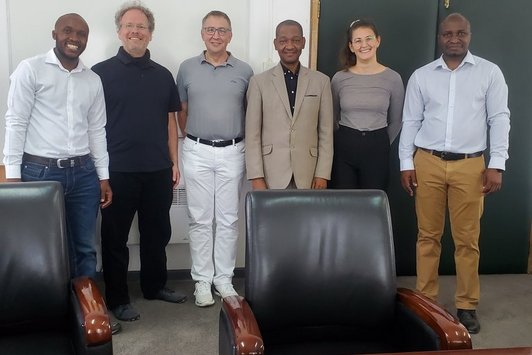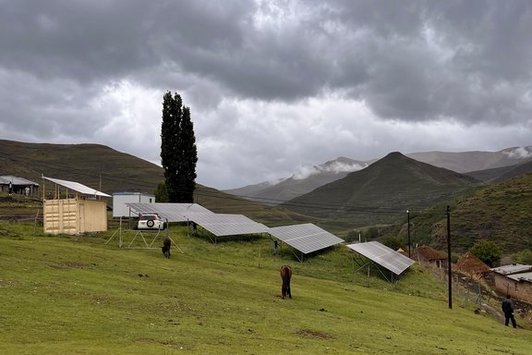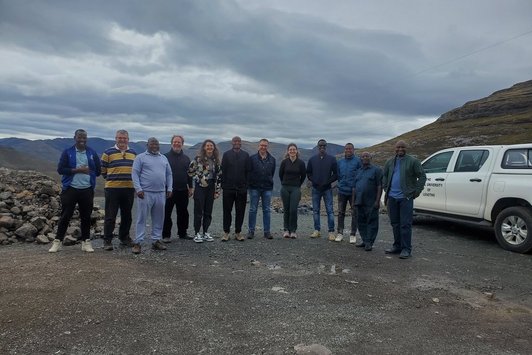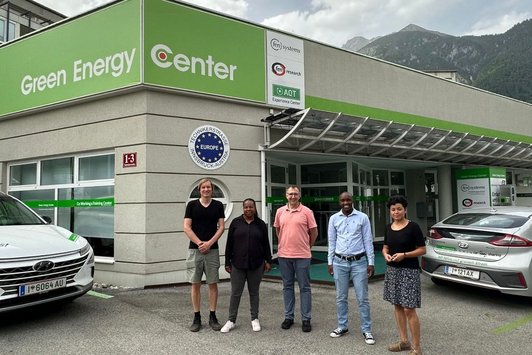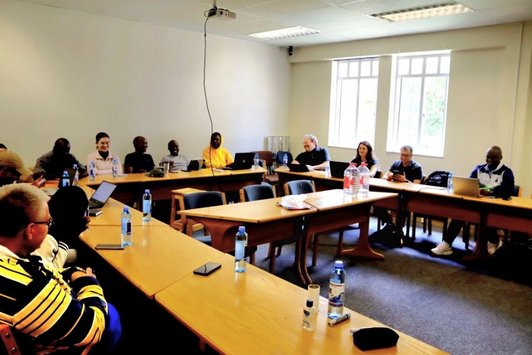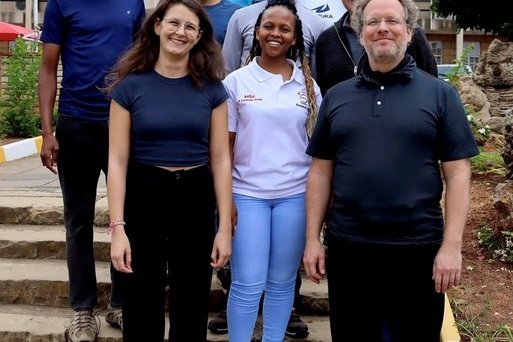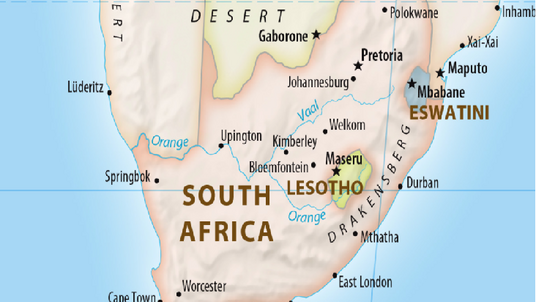
Project completed: P101_Lesotho
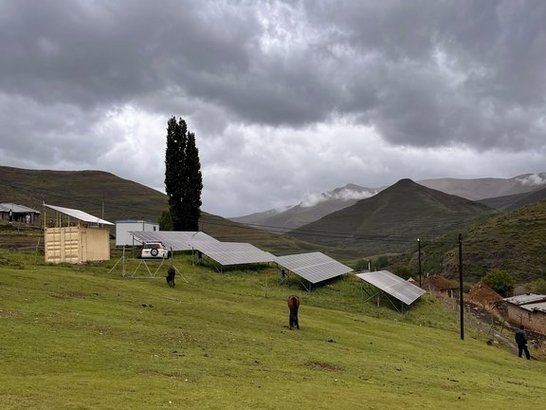
Joint development of student projects and implementation of joint research areas in the field of sustainability and energy management in Austria and Lesotho
Cooperating countries: Lesotho and Austria
Coordinating institution: University of Applied Sciences Kufstein, Christian Huber, christian.huber@fh-kufstein.ac.at
Partner institutions: National University of Lesotho
Project duration: 1 July 2023 - 30 June 2025
Budget: EUR 20.000
Abstract:
This project aims to establish a sustainable partnership for the development and implementation of sustainability projects between the two project partners in Austria and Lesotho. The overall goal is to develop a high quality research network in the field of sustainability and energy management. The proposed project includes the co-creation of supervised student projects and joint development of research questions, seminars and conferences. These activities will contribute to the SDGs supporting knowledge exchange, developing sustainable thinking for various questions, creating networks and bridging the gap between global issues and local solutions in the field of sustainability and energy management.
In order to achieve a strong sustainable collaboration and network between the partner institutions, joint workshops and seminars will be held, with at least one per annum at each institution. The purpose of these workshops will be for partner staff members to enlighten the other partner on their research areas and expertise to enable:
- Joint development of research questions to pursue further collaborative teaching and research projects.
- Joint development and implementation of seminars and conferences.
In case of the student’s project masters students from the partner institutions will work together in projects, supervised by coaches from both institutions. The implementation of the students’ projects is expected to take place between November and February 2023/2024 and 2024/2025.
Overall this project is intended to provide a starting point for further cooperation and exchange, thus enabling long-term collaborations between Austria and Lesotho as part of Africa-UniNet.
Summary:
This two-year project aimed to establish a sustainable and mutually enriching partnership between academic institutions in Austria and Lesotho, focusing on the joint development and implementation of sustainability-oriented initiatives. The study program from the University of Applied Science “Energy and Sustainability Management” and the African Study Program “Sustainable Energy”. The project has successfully laid a solid foundation for continued cooperation beyond its formal duration.
One of the early milestones was the visit of colleagues from the National University of Lesotho (NUL) to Austria in June 2024, where they participated in a series of lectures and discussions on biodiversity, energy, and sustainable development practices. This visit provided valuable opportunities for academic exchange and knowledge-sharing across institutional and cultural contexts.
In November 2024, the Austrian project team traveled to Maseru, Lesotho, where a series of collaborative Train-the-Trainer workshops were held at NUL. These sessions, attended by both faculty members and students, showcased ongoing research from both institutions and encouraged dialogue on future areas of joint inquiry. The workshops played a key role in strengthening institutional ties and served as a springboard for long-term research and teaching partnerships.
Another significant achievement was the participation of NUL students and teaching staff in the FH Kufstein WinterSchool program in February 2025. This student mobility experience not only broadened the participants' academic horizons but also directly supported Africa-UniNet’s goal of facilitating cross-continental collaboration in higher education.
Additionally, the project supported the co-development and delivery of targeted trainings, enhancing capacity on both sides and establishing frameworks for continued engagement. These efforts have not only advanced the specific aims of this project but have also contributed meaningfully to the sustainability and growth of the Africa-UniNet network, creating clear avenues for future collaboration in research, education, and sustainable development
